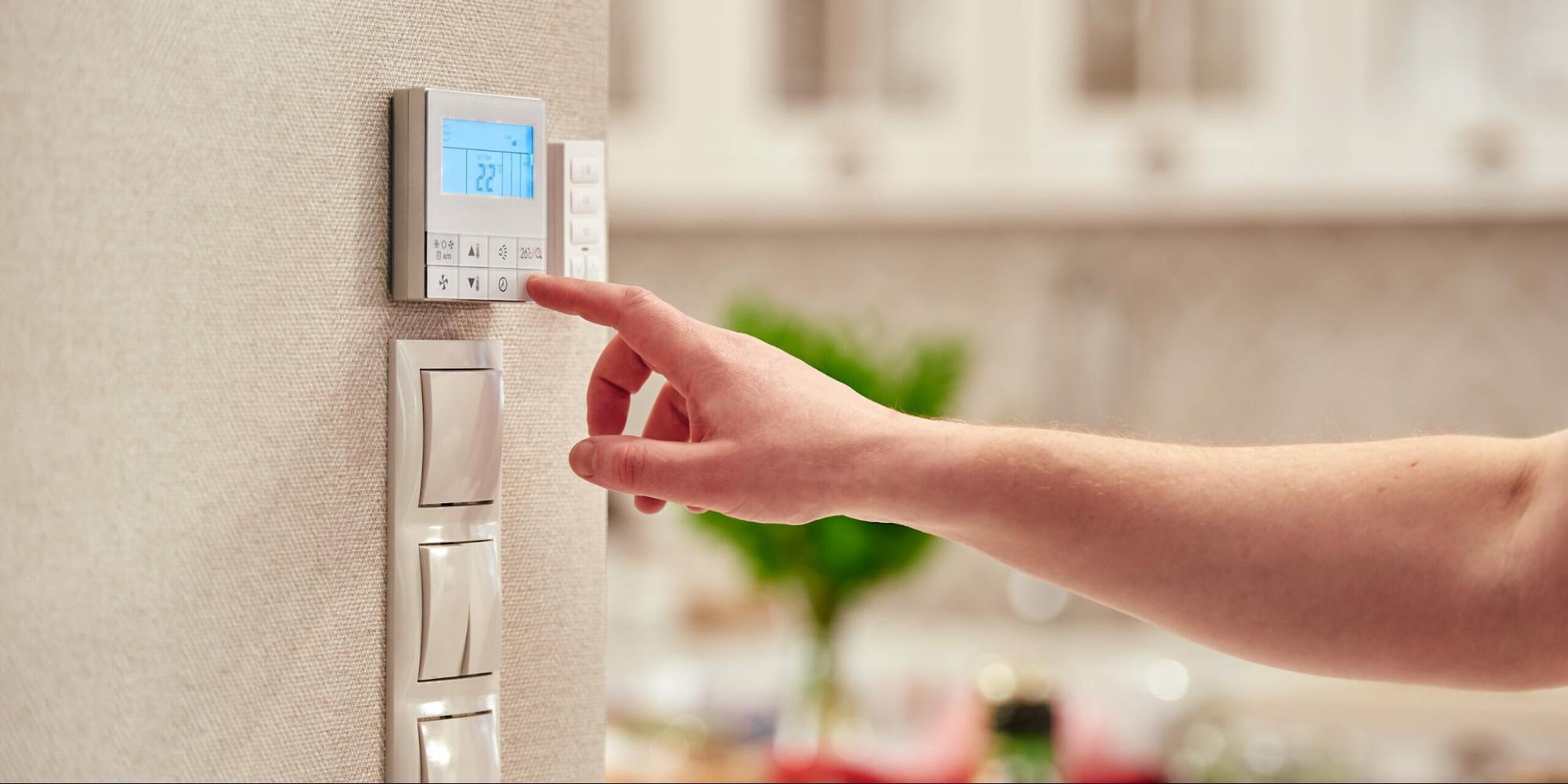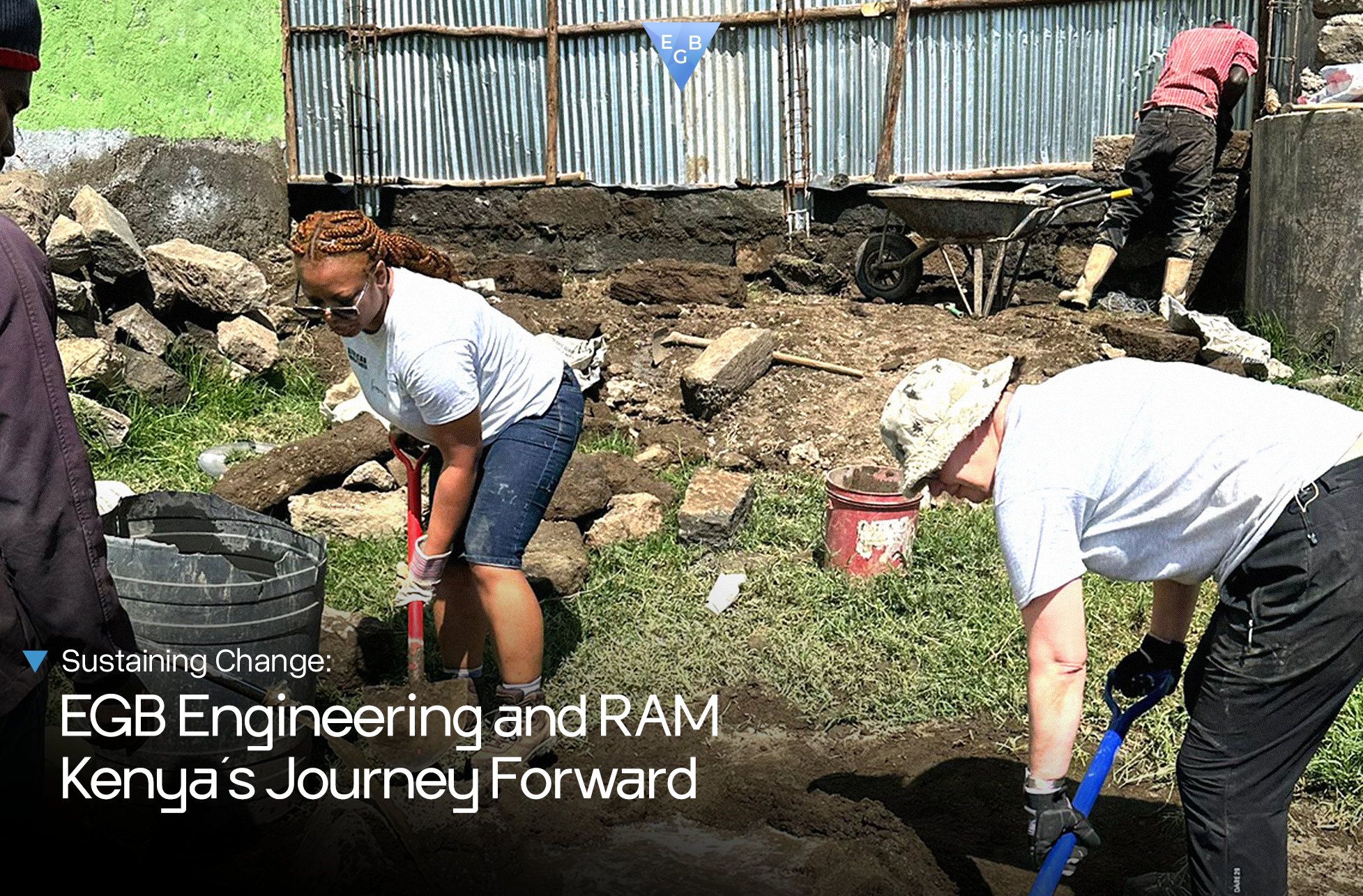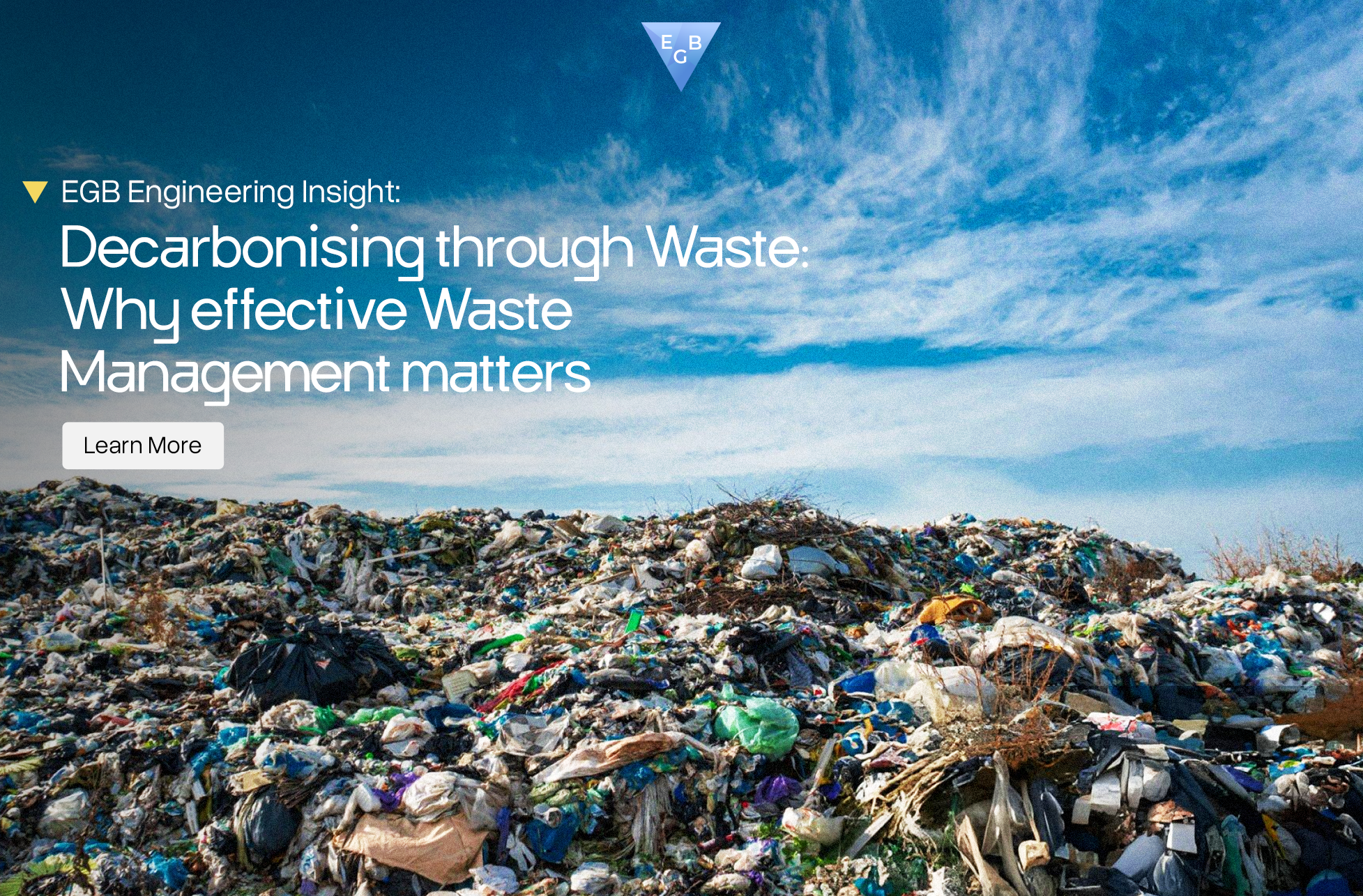
How Can Your Household Become More Energy Efficient?
Electricity
Sustainable electricity sources can now be brought to most homes in the UK. For example, solar power can be used to source electricity whilst not having a lasting impact on the population. More than 970,000 UK homes have solar panels, and the cost of domestic solar panels has dropped by 25% since 2014, also making solar power more cost efficient. Furthermore, the upfront cost of solar panels for your home is large but in the long run you make a saving on your bills.
Water
The average person in the UK uses 150 litres each day. However, this can be reduced by:
- Turning off the tap when you brush your teeth, which can save 6 litres of water per minute.
- Cistern displacements are used on toilets to reduce the amount of water used per flush. These can be placed on toilets easily and they can be provided by your water provider.
- Everyone knows short showers are better than baths, but It is also important to consider the shower head you are using. By using a water efficient shower head, the water flow rate can be limited.
- Fill your washing machine and washing machine to cut excessive loading and water usage.
- Fix that dripping tap! Not only does it get on your nerves, but it can also waste 15 litres of water a day, or 5,500 litres of water a year.
- Gardener can use a water butt on their drainpipe and use it to water their plants. This water could even be used to clean your car and wash your windows. A water butt can collect around 5,000 litres a year.
- Water your garden with a watering can rather than a hosepipe to limit your water usage, avoiding excessive use of water. A hosepipe can use as much as 1,000 litres of water an hour.
- Install a water meter because you will have a greater incentive to save water when you see how much you are spending on water.
- Invest in water-efficient for your showerheads, taps, toilets, washing machines, dishwashers, and many other water-saving products.
Heating
Heat efficiency in homes can be ensured by reviewing the insulation on your home.
Insulating the walls of your home is an effective and easy way to conserve energy. Services can be found to fill the cavities in your walls with insulating material. On a detached home, 1540kg of carbon dioxide can be saved annually when wall cavities are filled.
It is essential for the source of your central heating to be considered when becoming energy efficient. Not only is electric heating cheaper compared to gas, but it is also renewable and the electricity itself doesn’t release Co2, making it a much more sustainable option for heating homes.
If you would like to find out more about how energy efficient EGB is, visit our page.




